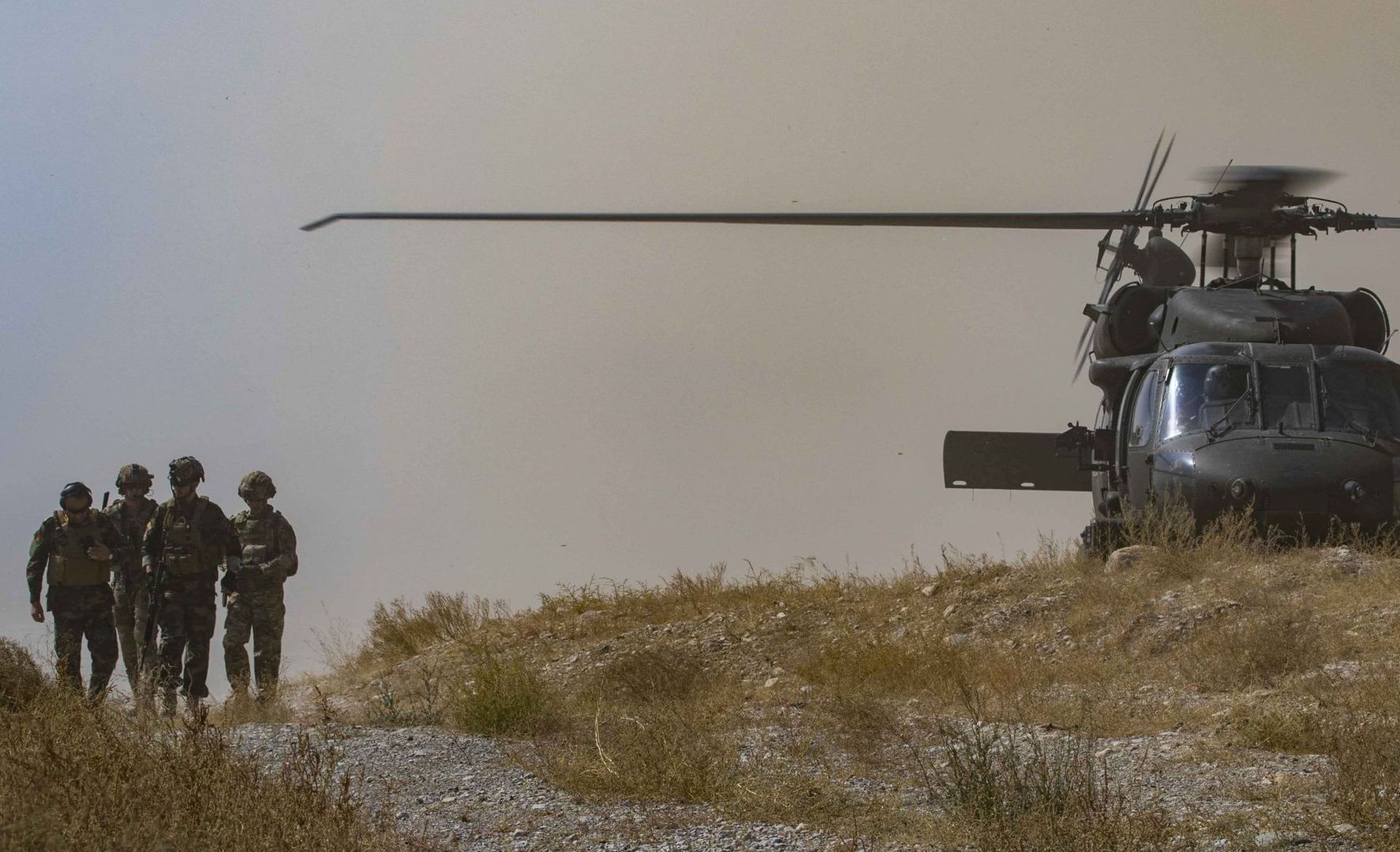
Based on the current conditions in Afghanistan, the Defense Department expects there will be fewer than 5,000 U.S. military service members in that country by the end of November, said David F. Helvey, who is currently performing the duties of assistant secretary of defense for Indo-Pacific Security Affairs.
“We’ve long maintained that our force presence in Afghanistan is conditions-based,” said Helvey during testimony today before the House Committee on Oversight and Reform, national security subcommittee. “This August, the president [decided] that the conditions of Afghanistan were sufficient to reduce our force presence to between 4,000 and 5,000 by the end of November 2020.”
At that force level, Helvey said, the U.S. maintains an ability to conduct the core aspects of its existing missions in Afghanistan. One of those missions is to participate in the NATO-led Resolute Support Mission, which is focused on training, advising and assisting the Afghan National Defense and Security Forces. The U.S. also conducts a counterterrorism mission in Afghanistan that works with partners to mitigate terrorist threats there.
Right now, there are no orders to reduce the force presence any further, Helvey said, though there is planning to draw down to zero troops in Afghanistan by May 2021. But those plans can’t be implemented unless the conditions of an agreement with the Taliban are met, he said.
“As [Secretary of State Mike Pompeo] said in Doha, the Taliban must uphold their counterterrorism guarantees to the United States,” Helvey said. “We also expect the Taliban to meaningfully participate in Afghan peace negotiations, and to do their part in preventing outside actors from negatively impacting the peace process.”
In late February of this year, the U.S. and the Taliban signed an agreement that includes, eventually, the complete withdrawal of U.S. forces from Afghanistan. Since the signing of that agreement, the U.S. has reduced forces to 8,600. Part of that agreement also requires the Taliban to agree to no longer allow its members, or other groups, to use Afghanistan as a location from which to threaten the security of the United States or its allies.
Since the signing of that agreement on February 29, Helvey said, no U.S. military personnel have been killed in Afghanistan.
“Ultimately, what we want to be able to see in Afghanistan, is an enduring peace,” Helvey said. “In that type of environment … the terrorist organizations, terrorist groups, will not be able to operate, will not be able to plan, will not be present. That’s the focus, and we’re looking to get the Taliban to adhere to its commitments.”
from Defense News by DefenceTalk.com https://ift.tt/3mFnN85
via Defense News
No comments: